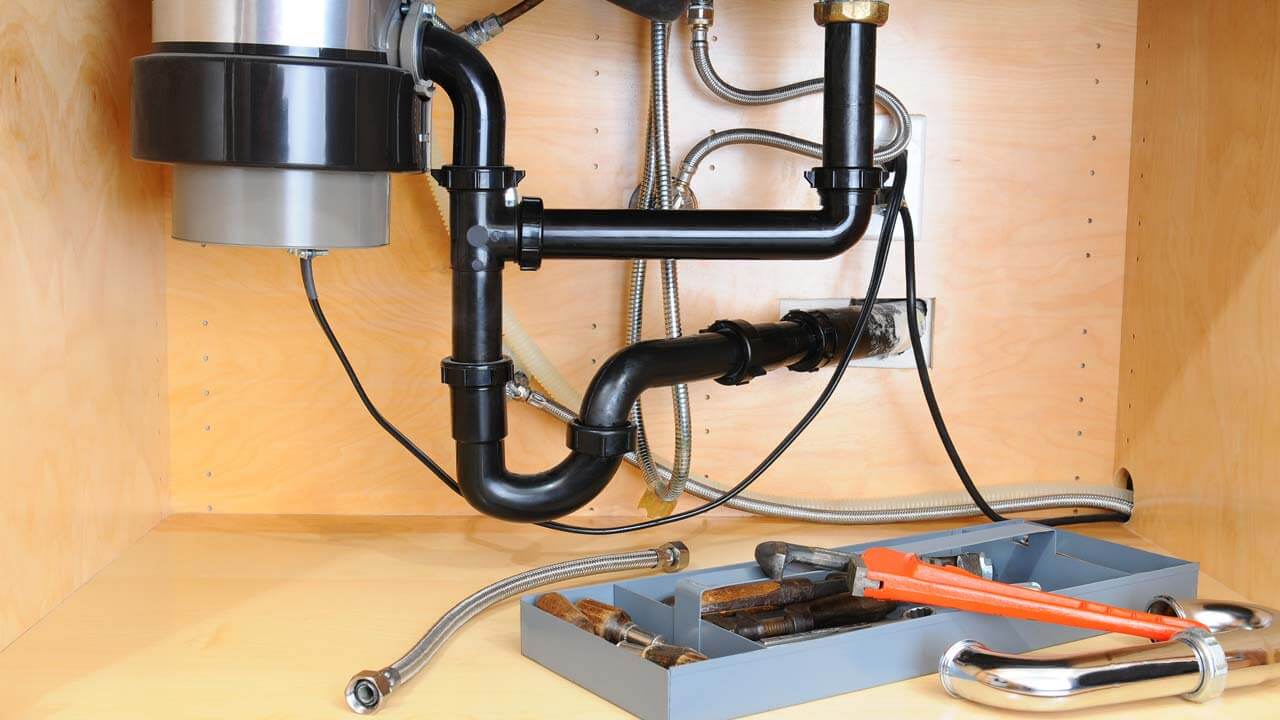Protecting Your Garbage Disposal: What Not to Grind
At USA Plumbing Services, we understand that your garbage disposal is an essential kitchen tool. However, not everything should find its way into this convenient appliance. Improper use can lead to damage and costly repairs. Here, we detail the substances and items that should be excluded from your disposal to maintain its health and efficiency.
The Dangers of Grease and Oils
Avoid Fats in the Disposal
Grease, oils, and fats from cooking can seem harmless to dispose of down the sink, but they coat and clog your disposal’s blades and plumbing over time. These substances solidify and accumulate, obstructing the internal mechanism and pipes, leading to foul odors and potential backups. Instead, pour excess grease into a container and dispose of it in the trash once solidified.
The Trouble with Fibrous Foods
Keep Stringy Items Out
Items like banana peels, onion skins, and celery stalks might seem biodegradable but pose a significant threat to your disposal. Their fibrous nature allows them to entangle around the blades, causing the motor to overwork or seize. These should be tossed in the trash or ideally added to a compost pile.
Hard Objects: A Definite No-Go
Bones and Hard Foods
Hard materials like chicken bones are too robust for the disposal, risking damage to the blades or motor. While small, soft bones from fish might occasionally pass through without incident, it’s safer to err on the side of caution and keep all bones out of your disposal to prevent damage or blockages.
Expansive Foods and Their Consequences
Avoid Starches and Expandable Items
Foods that expand when wet, such as pasta, rice, and bread, should never be disposed of down your drain. Even small amounts can swell, obstructing water flow and clogging the disposal’s trap. These items are best disposed of in the trash or used as compost if possible.
Coffee Grounds and Eggshells: Small but Problematic
Potential for Clogs
While often touted for their supposed benefits to disposals, like deodorizing or blade sharpening, coffee grounds and eggshells can actually create sediment-like blockages in your pipes. It's advisable to utilize these as compost rather than risking your plumbing’s integrity.
Frequently Asked Questions
Q: What is the best way to clean my garbage disposal?
A: Regularly flush your disposal with cold water and a little dish soap. For a deeper clean, grind ice cubes with rock salt to sharpen the blades and remove built-up residue.
Q: Can citrus peels be used in my disposal?
A: Yes, citrus peels can be safely ground in your disposal. They help eliminate odors and contain natural oils that are beneficial for the maintenance of the blades.
Q: What should I do if my disposal becomes clogged despite careful use?
A: If simple troubleshooting doesn’t clear the clog, don’t hesitate to contact us at USA Plumbing Services. We provide expert service to restore your disposal’s functionality efficiently.
Maintaining your disposal with care not only extends its life but also prevents plumbing emergencies. For more tips or professional plumbing services, reach out to USA Plumbing Services. We are here to ensure that your kitchen remains a clean and efficient space.
